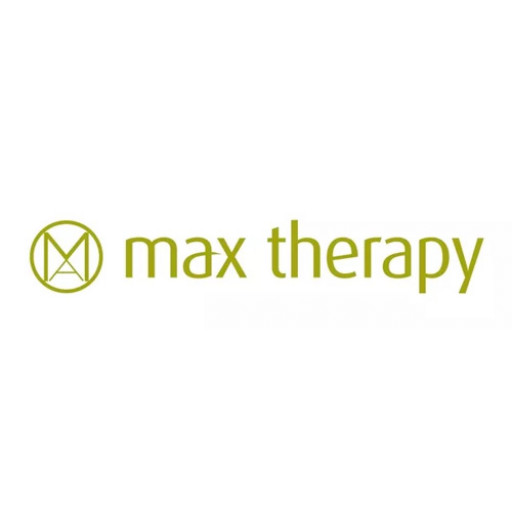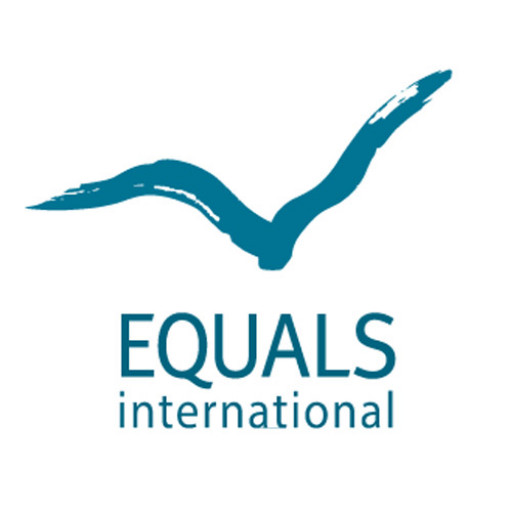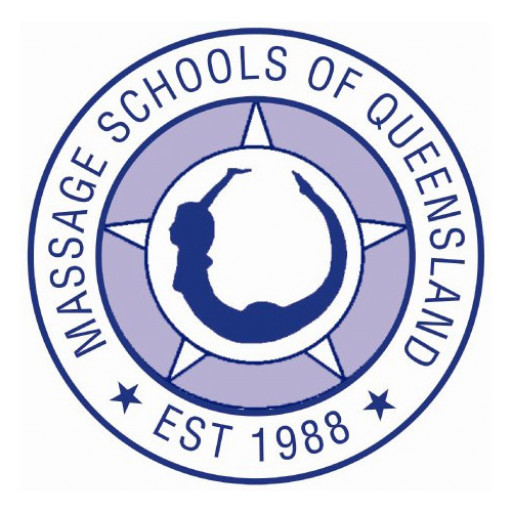Photos of university / #oxford_uni
“Cognitive Behavioural Therapy (CBT) is a widely recognised and evidence-based psychotherapeutic approach that focuses on identifying and modifying dysfunctional thought patterns and behaviours to improve mental health and well-being. This programme at the University of Oxford offers comprehensive training in the theoretical foundations, practical skills, and clinical applications of CBT, preparing students to work effectively as therapeutic practitioners in diverse settings. The course curriculum combines academic instruction with experiential learning, including supervised practice sessions and case studies, to ensure graduates are equipped with the necessary competencies to deliver high-quality CBT interventions. Students will explore core cognitive and behavioural techniques, assessment methods, and ethical considerations, while also gaining an understanding of related mental health conditions such as anxiety, depression, and PTSD. The programme is suitable for healthcare professionals, mental health practitioners, and those seeking to specialise or enhance their skills in cognitive behavioural therapy. Delivered by leading experts in the field, the course emphasizes evidence-based practice, rigorous research, and reflective learning. Upon successful completion, students will be awarded a recognised qualification that supports professional development and career advancement in psychological therapy. The programme fosters a collaborative learning environment, encouraging peer discussions and critical analysis, ensuring that graduates are confident and competent in applying CBT principles in real-world clinical contexts.”
The course structure will vary according to the specialist pathway chosen. Reading and completion of written assignments will be undertaken in addition to the teaching days. Many students find it effective to set aside at least six to seven hours a week for private study.
Complex Presentations
This specialism seeks to enable students to add to their existing knowledge of cognitive behavioural therapy, models, concepts and methods specific to more complex mental health problems (eg eating disorders, psychosis, complex trauma), and models employed in the treatment of personality disorder, severe mental illness and cases with a high degree of comorbidity, and to establish and practise a repertoire of cognitive behavioural skills for use with complex presentations.
Students are expected to carry out CBT with at least three suitable patients during the course and receive two hours of small group supervision on a bi-weekly basis.
The course begins with a four-day induction block and then bi-weekly training workshops on Thursdays and Fridays.
Psychological Trauma
This innovative programme is designed to offer in depth training and supervision in Cognitive Behavioural Therapy for traumatised populations. It offers comprehensive training in CBT for traumatised populations with a strong grounding in current theories and the up to date evidence base.
Sixteen days of training are spread over an academic year in intensive four day teaching blocks and students are expected to complete Trauma focused CBT with at least two patients over the duration of the course.
Psychosis and Bipolar
This specialism seeks to enable students to develop a sound understanding of cognitive behavioural models of psychosis and the related evidence base; competence in engaging, assessing and developing collaborative formulations with individuals with psychotic and bipolar illness; and competence to deliver high quality, individualised, evidence-based interventions in accordance with NICE guidance and the competence framework for work with people with psychosis and bipolar disorder (Roth & Pilling 2013).
The course comprises teaching over three terms. Term I starts with a four-day teaching block in October and is followed by one full-day per fortnight (Thursday) during November, and a two-day teaching block in December. The second two terms comprise of one full-day per fortnight (Thursday) over Hilary and Trinity Terms.
Supervision and Training
This specialism explicitly aims to prepare students to teach and supervise CBT. The emphasis is on acquiring, practising and communicating specialised dissemination skills, within an explicit theoretical framework in relation to associated empirical research.
Students are normally expected to carry out CBT supervision in at least three supervision settings over the course and to present at least one training event.
The course comprises 18 days, presented in five teaching blocks. It begins with a four-day induction, followed by further 3-day or 4-day blocks. Formal teaching comprises full or half-day workshops as a half-day Practice of Supervision (PoS) session is regularly integrated into the course.
Course assessment
Summative assessment requirements vary according to the specialism chosen.
Complex Presentations
- Two clinical recordings;
- Two case reports of not more than 4000 words.
Psychological Trauma
- One assignment of not more than 2,000 words demonstrating knowledge of CBT theory;
- One clinical recording;
- One clinical assessment report of not more than 2,000 words;
- One case report of not more than 6,000 words.
Psychosis and Bipolar
- A research presentation of up to 20 minutes duration based on the theoretical content;
- One clinical recording;
- One case report of not more than 6,000 words;
- One case presentation of up to 15 minutes duration.
Supervision and Training
- One assignment of not more than 2,000 words demonstrating knowledge of supervision and training theory;
- One video recording of supervisory practice and supervision critique of not more than 2,000 words;
- One training report of not more than 4,000 words.
Applicants are normally expected to be predicted or have achieved a first-class or strong upper second-class undergraduate degree with honours (or equivalent international qualifications), as a minimum, in a relevant subject.
For applicants with a degree from the USA, the minimum GPA sought is 3.5 out of 4.0.
Applicants are also normally expected to:
- be qualified members of one of the main National Health Service professions, eg clinical psychologists, psychiatrists, nurses, general practitioners, occupational therapists, or other recognised professions, eg social worker;
- have at least two years' post-qualification clinical experience; and
- have completed an OCTC/University of Oxford PGCert in Cognitive Behavioural Therapy or PGCert in Enhanced Cognitive Behavioural Therapy.
No Graduate Record Examination (GRE) or GMAT scores are sought.
If you hold non-UK qualifications and wish to check how your qualifications match these requirements, you can contact the National Recognition Information Centre for the United Kingdom (UK NARIC).
- Official transcript(s)
- CV/résumé
- Statement of purpose: 500 words
- References/letters of recommendation: Three overall, all of which must be academic
ENGLISH LANGUAGE REQUIREMENTS
Higher level
|
est |
Standard level scores |
Higher level scores |
||
|
IELTS Academic |
7.0 | Minimum 6.5 per component | 7.5 | Minimum 7.0 per component |
|
TOEFL iBT |
100 |
Minimum component scores:
|
110 |
Minimum component scores:
|
| Cambridge Certificate of Proficiency in English (CPE) | 185 |
Minimum 176 per component |
191 |
Minimum 185 per component |
| Cambridge Certificate of Advanced English (CAE) | 185 |
Minimum 176 per component |
191 |
Minimum 185 per component |
The University of Oxford offers diverse funding opportunities for students enrolled in courses related to Cognitive Behavioural Therapy (CBT), particularly within postgraduate studies such as master's and diploma programmes. Funding options include scholarships, studentships, bursaries, and external grants aimed at supporting students from different backgrounds and with various financial needs. Some scholarships are specifically targeted at students pursuing clinical psychology, mental health, or related fields, which may include CBT training components.
Oxford's scholarship programs are often merit-based but also consider financial need, academic excellence, and commitment to mental health practice. Examples of internal funding sources include the Clarendon Fund, which provides full scholarships covering tuition fees and living expenses for outstanding students, and the Oxford Graduate Scholarships, which support a broad range of disciplines, including clinical psychology and mental health studies. Additionally, certain colleges within the university may offer their own funding opportunities, such as fee waivers or partial bursaries, to students accepted into CBT-related courses.
External funding options are also available through governmental organizations, charitable foundations, and professional bodies. For instance, health authorities or mental health charities may provide grants or sponsorships for clinical training programmes, including CBT certification courses. Applicants are encouraged to explore NHS bursaries and schemes for healthcare professionals, many of which partly fund postgraduate training relevant to mental health practitioners.
Financial support applications typically require demonstrating academic excellence, a commitment to mental health careers, and sometimes, personal circumstances that necessitate additional aid. Students can also look into student loans, which are available through various UK financial institutions, to cover tuition and living costs, repayable after graduation based on income levels.
In summary, the University of Oxford provides a comprehensive range of financing options for students pursuing CBT-related studies, including internal scholarships, college-specific bursaries, external grants, professional sponsorships, and loans. Prospective students are advised to consult the university's official funding and scholarship webpages, as well as contact relevant departments or colleges, to identify specific opportunities applicable to their circumstances.
The University of Oxford offers a comprehensive program in Cognitive Behavioural Therapy (CBT), designed to provide mental health professionals with advanced training in this evidence-based therapeutic approach. The program typically combines theoretical knowledge with practical application, emphasizing the development of clinical skills necessary for effective intervention. It covers core principles of CBT, including cognitive restructuring, behavioral activation, and the formulation of individual treatment plans tailored to diverse psychological conditions such as depression, anxiety disorders, obsessive-compulsive disorder, and post-traumatic stress disorder.
Students engaged in the program benefit from a rigorous curriculum developed by leading experts in the field, integrating current research findings with clinical best practices. The program often includes a mixture of lectures, seminars, supervised clinical practice, and reflective learning components. Participants may have the opportunity to observe and participate in real-world therapy sessions under supervision, thereby enhancing their practical skills and confidence.
The program is structured to suit a range of mental health professionals, including clinical psychologists, psychiatrists, counsellors, and clinical social workers seeking to deepen their understanding of CBT. Applicants typically need to demonstrate existing professional qualifications and relevant experience in mental health settings. The program aims to equip students with the skills to independently deliver CBT interventions, evaluate treatment outcomes, and adapt approaches to meet individual client needs.
Assessment methods often involve coursework, case studies, reflective journals, and practical examinations. Successful completion generally results in a certificate or diploma, recognized within the UK and potentially internationally. The program also emphasizes ethical practice and cultural competence, preparing graduates to work effectively with diverse populations.
Given the University of Oxford’s reputation for excellence in research and education, students are also exposed to the latest developments in psychological theories and innovative therapeutic techniques. The program encourages ongoing professional development and may be associated with research projects or collaborations within Oxford’s wider clinical and research community.
Participation in this program usually requires prior relevant qualifications, such as a degree in psychology, medicine, or counselling. The course aims to foster not only technical proficiency but also critical thinking and reflective practice, which are essential for autonomous clinical work. Overall, the University of Oxford’s CBT program offers a unique blend of academic rigor and clinical excellence, preparing mental health professionals to make meaningful contributions to their field and improve patient outcomes through evidence-based practice.









